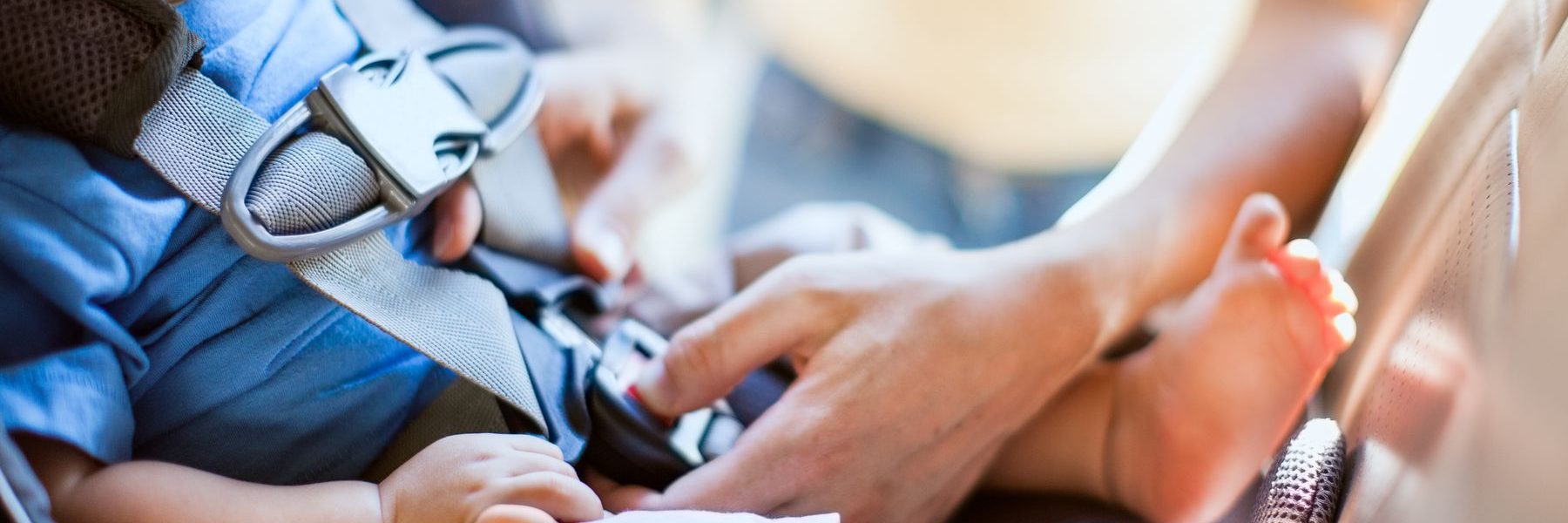According to the Center for Disease Control and Prevention (CDC), motor vehicle accidents are the leading cause of death for children. Avoiding these tragedies relies on safe driving and the use of appropriate safety gear. Young children should be placed in appropriately sized car seats or booster seats whenever they are in a vehicle. A properly installed and correctly used car seat can reduce infant injuries by 71%. However, car seats can’t do their job if they are defective in some way.
Common Car Seat Defects
Car seats can be defective due to a design flaw or a problem in the manufacturing process. Some common car seat defects include:
- Defective Buckles—buckles are necessary to keep the child safely in place. A defective buckle can come undone upon impact, or be too easily undone so that a child could do it themselves.
- Defective Chest Clips—chest clips are used to properly position the harness straps around the child’s chest and shoulders. Defective chest clips can be broken or undone by the child, which can result in serious injuries in an accident.
- Defective Carry Handles—most infant car seats have carry handles that allow the detachable seat to be used as a carrier. When these handles release prematurely, they can cause a seat to tip forward, spilling the infant onto the ground and causing injury.
- Inadequate Padding—the padding of a car seat is intended to provide protection to the child upon impact. Poor or damaged padding can lead to serious injuries in an accident.
- Defective Base Units—detachable car seats use a base that that is strapped into the car into which the seat can latch. If a latch in the base unit is defective, it can mean that the car seat is not properly secured and can cause the seat and the child to be thrown forward.
- Inadequate Installation Instructions—while not a design or manufacturing defect, the failure to include proper instructions for the safe installation of the car seat can lead to injuries.
What if You Believe Your Car Seat is Defective?
If you have problems with your car seat and believe that it may be defective, the first thing you should do is discontinue use immediately. Check the government’s recall database to see if the car seat has been recalled. Follow any instructions for getting the seat replaced or repaired. If your seat has not been recalled, you should report the problems you are having with it to the manufacturer and to the Consumer Products Safety Commission (CPSC).
Contact a Defective Products Attorney
If your child has been injured by a defective car seat, you should consult with an experienced product liability attorney. At Bonina & Bonina, P.C., we have been helping the victim of defective products for over 50 years. Contact us online or call us at 1-888-MEDLAW1 to schedule your free consultation. Home and hospital visits are available. Se habla español.

